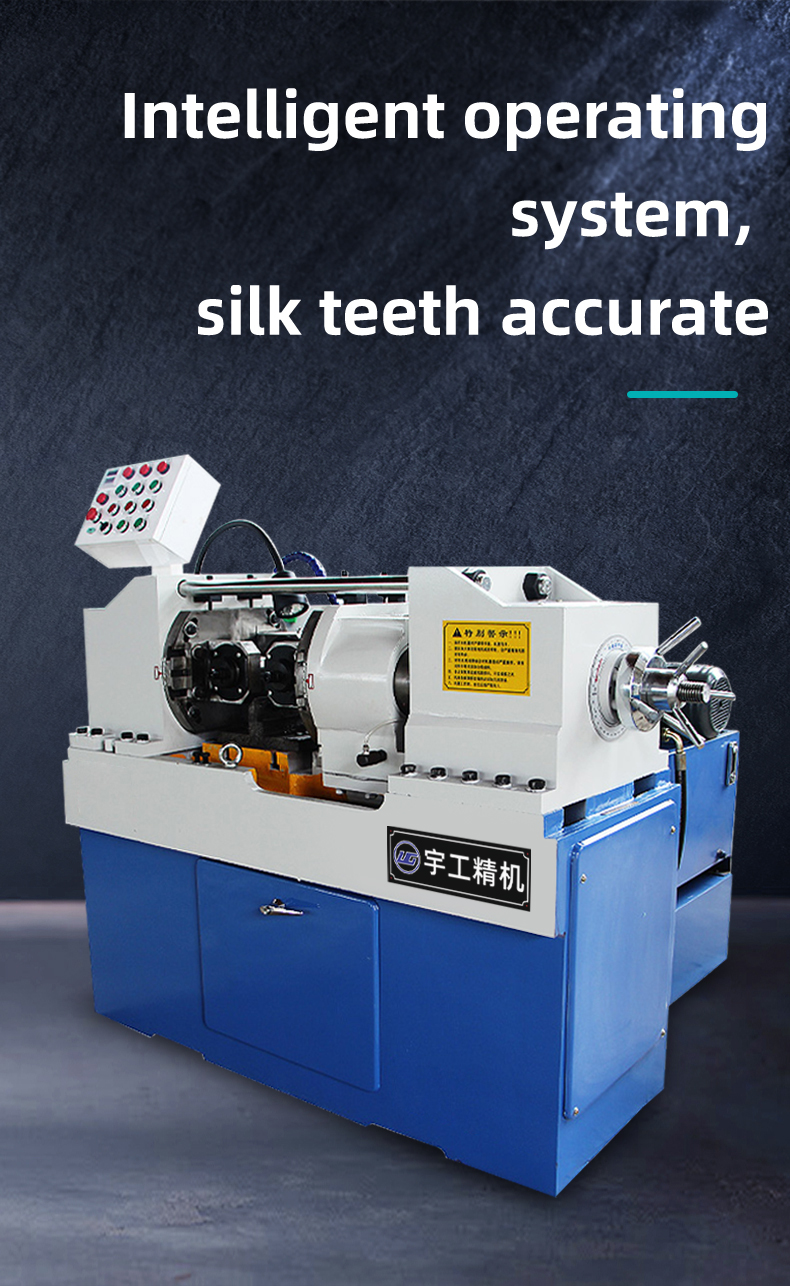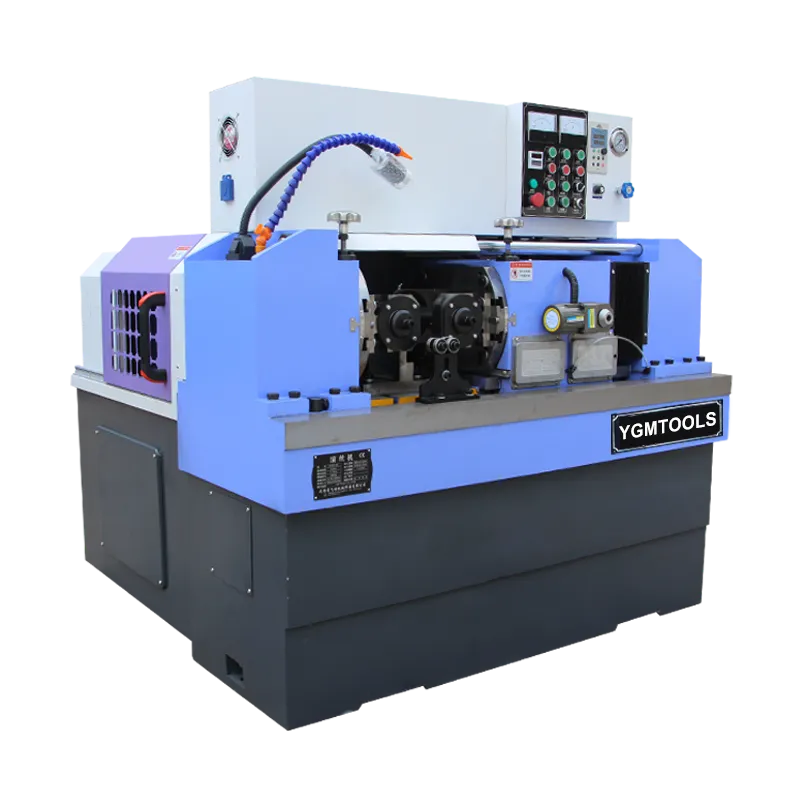
-
 Afrikaans
Afrikaans -
 Albanian
Albanian -
 Amharic
Amharic -
 Arabic
Arabic -
 Armenian
Armenian -
 Azerbaijani
Azerbaijani -
 Basque
Basque -
 Belarusian
Belarusian -
 Bengali
Bengali -
 Bosnian
Bosnian -
 Bulgarian
Bulgarian -
 Catalan
Catalan -
 Cebuano
Cebuano -
 Corsican
Corsican -
 Croatian
Croatian -
 Czech
Czech -
 Danish
Danish -
 Dutch
Dutch -
 English
English -
 Esperanto
Esperanto -
 Estonian
Estonian -
 Finnish
Finnish -
 French
French -
 Frisian
Frisian -
 Galician
Galician -
 Georgian
Georgian -
 German
German -
 Greek
Greek -
 Gujarati
Gujarati -
 Haitian Creole
Haitian Creole -
 hausa
hausa -
 hawaiian
hawaiian -
 Hebrew
Hebrew -
 Hindi
Hindi -
 Miao
Miao -
 Hungarian
Hungarian -
 Icelandic
Icelandic -
 igbo
igbo -
 Indonesian
Indonesian -
 irish
irish -
 Italian
Italian -
 Japanese
Japanese -
 Javanese
Javanese -
 Kannada
Kannada -
 kazakh
kazakh -
 Khmer
Khmer -
 Rwandese
Rwandese -
 Korean
Korean -
 Kurdish
Kurdish -
 Kyrgyz
Kyrgyz -
 Lao
Lao -
 Latin
Latin -
 Latvian
Latvian -
 Lithuanian
Lithuanian -
 Luxembourgish
Luxembourgish -
 Macedonian
Macedonian -
 Malgashi
Malgashi -
 Malay
Malay -
 Malayalam
Malayalam -
 Maltese
Maltese -
 Maori
Maori -
 Marathi
Marathi -
 Mongolian
Mongolian -
 Myanmar
Myanmar -
 Nepali
Nepali -
 Norwegian
Norwegian -
 Norwegian
Norwegian -
 Occitan
Occitan -
 Pashto
Pashto -
 Persian
Persian -
 Polish
Polish -
 Portuguese
Portuguese -
 Punjabi
Punjabi -
 Romanian
Romanian -
 Russian
Russian -
 Samoan
Samoan -
 Scottish Gaelic
Scottish Gaelic -
 Serbian
Serbian -
 Sesotho
Sesotho -
 Shona
Shona -
 Sindhi
Sindhi -
 Sinhala
Sinhala -
 Slovak
Slovak -
 Slovenian
Slovenian -
 Somali
Somali -
 Spanish
Spanish -
 Sundanese
Sundanese -
 Swahili
Swahili -
 Swedish
Swedish -
 Tagalog
Tagalog -
 Tajik
Tajik -
 Tamil
Tamil -
 Tatar
Tatar -
 Telugu
Telugu -
 Thai
Thai -
 Turkish
Turkish -
 Turkmen
Turkmen -
 Ukrainian
Ukrainian -
 Urdu
Urdu -
 Uighur
Uighur -
 Uzbek
Uzbek -
 Vietnamese
Vietnamese -
 Welsh
Welsh -
 Bantu
Bantu -
 Yiddish
Yiddish -
 Yoruba
Yoruba -
 Zulu
Zulu
Feb . 18, 2025 01:04
Back to list
Automatic nut and bolt threading rod thread rolling machine
Thread rolling is a critical process in manufacturing that shapes mechanical threads on components by deforming the material rather than cutting it. This method enhances the strength and surface finish of threads. Different types of thread rolling factories specialize in varied techniques and approaches, each catering to specific industrial needs and products.
Medical device thread rolling factories present another unique facet. In this field, the precision and biocompatibility of materials are paramount. These factories are experts in rolling threads on tiny components that require an exceptional degree of accuracy. The authority of such facilities is frequently endorsed by ISO 13485 certification, which speaks to their commitment to quality management systems specific to medical devices. Their trustworthiness is reinforced by their ability to produce threads that effortlessly integrate with highly advanced medical instruments and implants. The electronics industry benefits from specialized thread rolling factories that cater to the miniaturization trend. Threads used in electronic devices are often minuscule but must maintain strength and conductivity. These factories apply innovative techniques and materials, like alloyed metals, to create threads that meet these unique requirements while maintaining reliable conductive properties. Their expertise ensures that electronics manufacturers continue to innovate with smaller yet more powerful devices. Each type of thread rolling factory plays a distinct role in its respective industry, showcasing a blend of experience, expertise, authoritativeness, and trustworthiness. They each have adapted their technologies and processes to meet industry-specific demands, ensuring their continued relevance and reliability. Therefore, understanding the specific strengths and specialties of each thread rolling factory type can help businesses make informed decisions when selecting the right partner for their manufacturing needs. Selecting a factory that aligns with specific product requirements ensures optimal performance and compliance with industry expectations, ultimately leading to better end products and satisfied customers.


Medical device thread rolling factories present another unique facet. In this field, the precision and biocompatibility of materials are paramount. These factories are experts in rolling threads on tiny components that require an exceptional degree of accuracy. The authority of such facilities is frequently endorsed by ISO 13485 certification, which speaks to their commitment to quality management systems specific to medical devices. Their trustworthiness is reinforced by their ability to produce threads that effortlessly integrate with highly advanced medical instruments and implants. The electronics industry benefits from specialized thread rolling factories that cater to the miniaturization trend. Threads used in electronic devices are often minuscule but must maintain strength and conductivity. These factories apply innovative techniques and materials, like alloyed metals, to create threads that meet these unique requirements while maintaining reliable conductive properties. Their expertise ensures that electronics manufacturers continue to innovate with smaller yet more powerful devices. Each type of thread rolling factory plays a distinct role in its respective industry, showcasing a blend of experience, expertise, authoritativeness, and trustworthiness. They each have adapted their technologies and processes to meet industry-specific demands, ensuring their continued relevance and reliability. Therefore, understanding the specific strengths and specialties of each thread rolling factory type can help businesses make informed decisions when selecting the right partner for their manufacturing needs. Selecting a factory that aligns with specific product requirements ensures optimal performance and compliance with industry expectations, ultimately leading to better end products and satisfied customers.
Share:
Latest news
Upgrade Your Production Line With Advanced Threading Solutions
NewsJun.12,2025
Optimize Precision With Advanced Thread Rolling Equipment
NewsJun.12,2025
Maximize Production With A High-Speed Thread Rolling Machine
NewsJun.12,2025
Master Precision Engineering With The Right Roller Threading Machine
NewsJun.12,2025
Find The Right Thread Rolling Tool For Precision Threading
NewsJun.12,2025
Boost Efficiency With Our Thread Rolling Machine
NewsJun.12,2025
